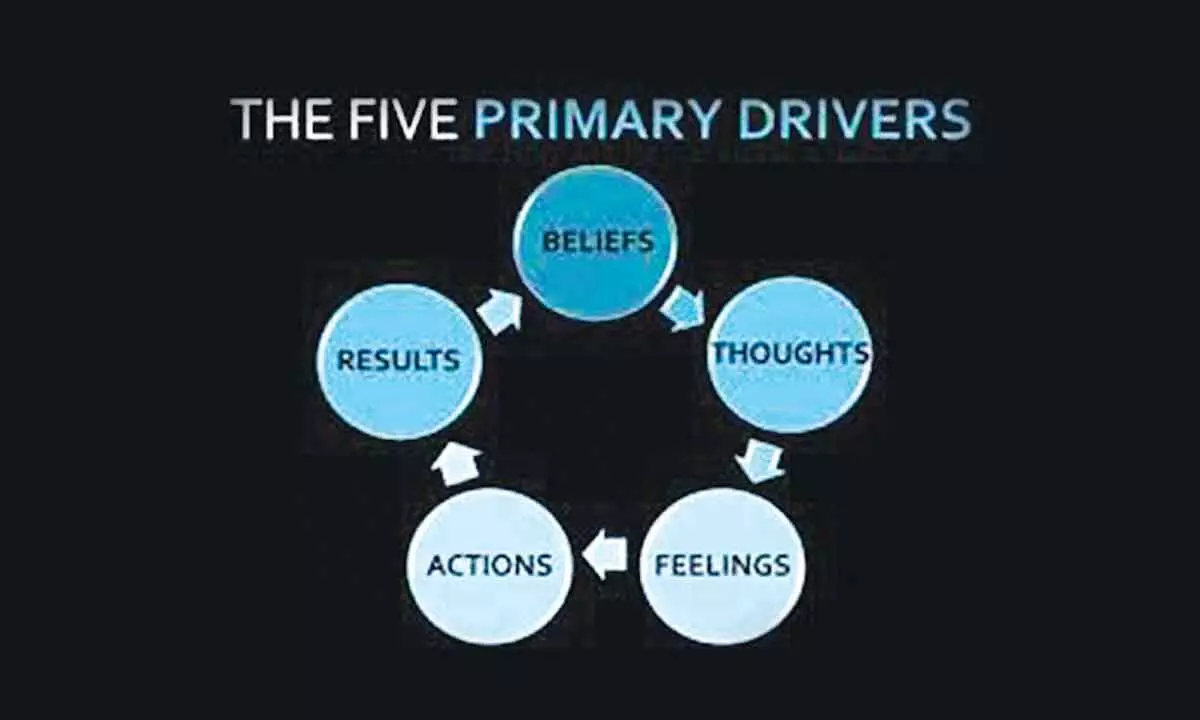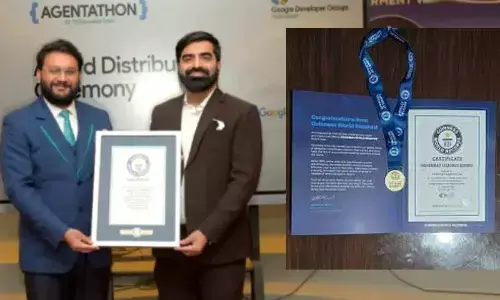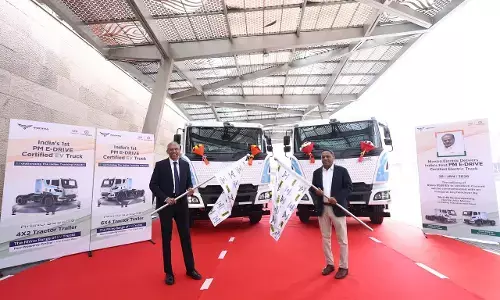Beliefs: Driver of all action

You are the sum of all your beliefs. This statement is not a hyperbole.
You are the sum of all your beliefs. This statement is not a hyperbole. As the grind of everyday routines drive individuals into a tizzy of activity, the fundamental question of 'Why I act the way I act?' is under prioritised. However, I advise you to ask this question, as frequently as possible.
You can also ask this question internally; about those you are dealing with on a regular basis. This habit of enquiry into the reasons for our and others actions can be quite revealing and useful to correct the course.
Beliefs are the most powerful drivers of all action in human beings. Other animals in the animal kingdom have very minimal capacity to develop, reinforce and reorient beliefs in comparison to homosapiens. Since the early childhood stage of human development from 3 years to 11 years of age, beliefs start forming through socio, sensory, psychological exposure and experience.
During 12 years through 18 years of adolescence age, beliefs get reinforced through reactions and actions. Most of your habits are outcomes of well-reinforced beliefs which drive most of your 'auto-pilot' actions across the day.
The seeding of voluntary emotional, mental and physical self- abuse through addictions, dependence on external stimulators and substances, designs the future personality architecture of any Individual.
The foundation for healthy thoughts, habits and definitions is also the outcome of certain type of belief reinforcement. The moot question is, which set of beliefs are driving negativity, enslavement and self-sabotage in an individual, and which beliefs are driving positivity, empowerment and excellence?
Unfortunately, social conditions are driving homogenous set of beliefs in young people, and even adults as stereo-typing has become extremely pronounced. The need for social acceptance is driving many to duplicate most popular sets of beliefs and reinforce them forcefully to blend into the aspirational categories. This social condition of apeing the trend is the biggest enemy, to naturally gifted uniqueness of Individual belief systems.
Emulating powerful, productive, value adding beliefs can drive action towards realisation of highly powerful and socially empowering outcomes. Unfortunately, negative, self-defeating, destructive and unhealthy beliefs are gaining more popularity. These disempowering beliefs are easy to acquire and reinforce too, in comparison.
I wish to highlight three important reasons why we all must be consciously wary about the beliefs we possess. This awareness will clarify to us periodically what beliefs are driving our actions and decisions, in our personal and professional lives.
Beliefs are internalised
Every action and decision we take, driven by our beliefs lead to positive or negative outcomes. If we are unconscious about which belief is influencing my losses, we will continue with the same belief all our life. It can lead to repeated losses on a regular basis.
Your experiences form basis for all your beliefs. One has to be careful to not make one single experience the foundation for a strong belief. For example, if one is betrayed in business, it is easy to develop a belief on that one experience to not trust anyone.
This belief is internalised as a phrase 'Don't trust anyone in Business'. This belief can lead to many challenges at work, as nothing gets done without trust in any organisation. It can also rob you from many big opportunities.
If you are incapable of evaluating experiences objectively before basing actions and big decisions through a loosely founded belief, you are leading yourself into lot of trouble.
For example - 'Those who disagree with me are my distractors', 'Those who criticise me are my enemies', 'Everyone is up to destroy me', 'People exploit my kindness', 'I am always right', 'Those who question me, don't respect me', 'Professionals cheat', 'You can't trust anyone these days', 'All compliments are fake' - At the face of it, all these beliefs are 'by default' internalized beliefs. Imagine the outcomes they deliver at work, family or a social setting.
Beliefs can be changed
This is a universally agreed idiom 'People don't change'. It highlights the incompetence of the majority of human population to stick to beliefs formed 'by default' at a very early stage of development. Those who internalise just few experiences of their life into 'beliefs etched in stone', they would never even attempt to challenge their beliefs and transform them.
If you can frequently challenge your beliefs, you can experience a whole new world. I strongly believe 'People can change', if they choose to build their belief system consciously 'by design'. Challenging one's own beliefs and others you are transacting with can open new avenues and opportunities. Your presumptions need to be tested. All presumptions are based on your strong beliefs.
It is shocking to see individuals whom you know from your child hood and all the way into middle age, being just the same and possess same beliefs. I don't think it is something to be happy about.
If life's experiences have not allowed them to challenge their beliefs at different stages of their personal, professional and social life, they have been living all their life with beliefs 'by-default'. It clearly showcases incompetence of experiential learning for personal transformation.
Even if what you possess from your young age are positive and empowering beliefs, further transformation of those beliefs showcases awareness of an individual to realign experiences to form and reinforce existing, and new beliefs. I strongly believe lack of transformation in beliefs over different stages of one's life exhibits closed mind and an unconscious life journey.
Beliefs build or destroy
Beliefs are so powerful that they can build or destroy an individual, a family, an organisation, a society, or even a nation. Individual beliefs impact his life journey and experiences every single day. Parents' beliefs impact children and influence their belief orientation. Organisational leader's belief system thoroughly impacts an entire organisation and its culture.
Social and political leader's belief-constitution influences social change, policy making, national values, governance, and many dimensions of society and the nation.
There are many examples of how families break-up for silly reasons due to unreliable set of beliefs, driving self-defeating actions. How children are brought up in certain families with beliefs which don't allow them aspire for big opportunities and tie them down to constant self-doubt.
There are many societies in the world which drove themselves into pain and misery through their disorderly social beliefs. There are innumerable instances of a national belief system destroying a nation's destiny forever.
I can quote Pakistan as one such example, where a set of internalised national beliefs against India has ruined that nation forever and robbed them of many social, and economic opportunities.
Conclusion
Beliefs are the core drivers of all decisions and actions. It is extremely important for individuals, families, organisations, societies and nations to be consciously aware of their internalised belief systems. Disempowering belief systems need to be challenged and transformed for better future outcomes.
(The author is a Harvard Business School certified organisational strategist and a global expert in Emotional Intelligence)

















